Of Meadowlarks and Close Human Encounters
A throwback post about science, romance, and ancient DNA
This essay was originally posted at the Mad Genius Club on February 22, 2020.
The interesting thing about science is that we discover all the time that we were wrong. Sometimes, we even admit that we were wrong, and then we rewrite what we know of history. As scientists, this can be a painful process of humility and discovery. For most people on the outside looking in and using some common sense, it's a matter of duh? Human nature is to boink, freely and often, so why wouldn't there be 'ghost DNA' from species not yet discovered?
The super-archaic and Neanderthal-Denisovan ancestor populations were more distantly related than any other pair of human populations previously known to interbreed. For example, modern humans and Neanderthals had been separated for about 750,000 years when they interbred. The super-archaics and Neanderthal-Denisovan ancestors were separated for well over a million years. (Read more)
I'm going to bet that as time goes on, we discover more than we have - because there is more. The Earth's surface is vast and major portions of it have felt the footstep of man only lightly. We will learn more, and reshuffle things yet again, and it will go on and on. Even then, we won't know the whole story. We never will in this life. Which is why we make up stories, and why fiction is so essential to the human makeup. We are an "irrepressibly meaning-making species" and the world we live in has too many loose ends for comfort.
Want to write some really interesting stories? Look up just how many missing persons cases are out there, and once you wade through the 'missing but we know what happened to them' and the 'missing on purpose' you will get to the truly bizarre of the ones where they just vanished. In places where they ought not to have been able to do that. In shorter times, a matter of moments, than should have been humanly possible.
Humans have wandered all over this planet, and have changed, with time. Somewhat less than you might think, though. Like the meadowlark, which has not changed much in tens of thousands of years. Humans have been walking with woolly mammoths, cave lions, dogs-that-were-not-wolves, and bring their dead to lie in sacred places that they might not be alone even at the end of all things. Homo sapiens, Homo neanderthalensis, Homo erectus, whatever name you want to give them: all humans. Doing human things, like boinking pretty girls they came across while they explored and thereby diversifying the genetic heritage of long-separated families of homo-whatsis. Because that's how it works.
Science seeks to find answers. And they do find them. But sometimes we wind up cocking our heads a little at the conclusions and wondering if maybe they are just a little slow? Because the storytellers already knew that boys court girls, and then there are babies, and it really didn't matter if they weren't the same species, he loves her and even more, he loves that little bundle of joy. The storytellers know. It's a tale as old as time. She falls for the Beast.
Maybe that's why romance novels tend to be the bestselling of all the genres, with mysteries a close second. It mirrors the whole experience of mankind on this planet. We fall in love, have babies, sometimes bad things happen we struggle to make sense of... so we write stories about mysteries that have resolution, so as not to look too deeply into the abyss of the unknown among us. And we peer into the sky at the strange cold pinpricks of light so far above us, and we dream about what lies out there and then we write science fiction. Everything we write is human, in the end. The stories that tell of what we are, and what we want to become.





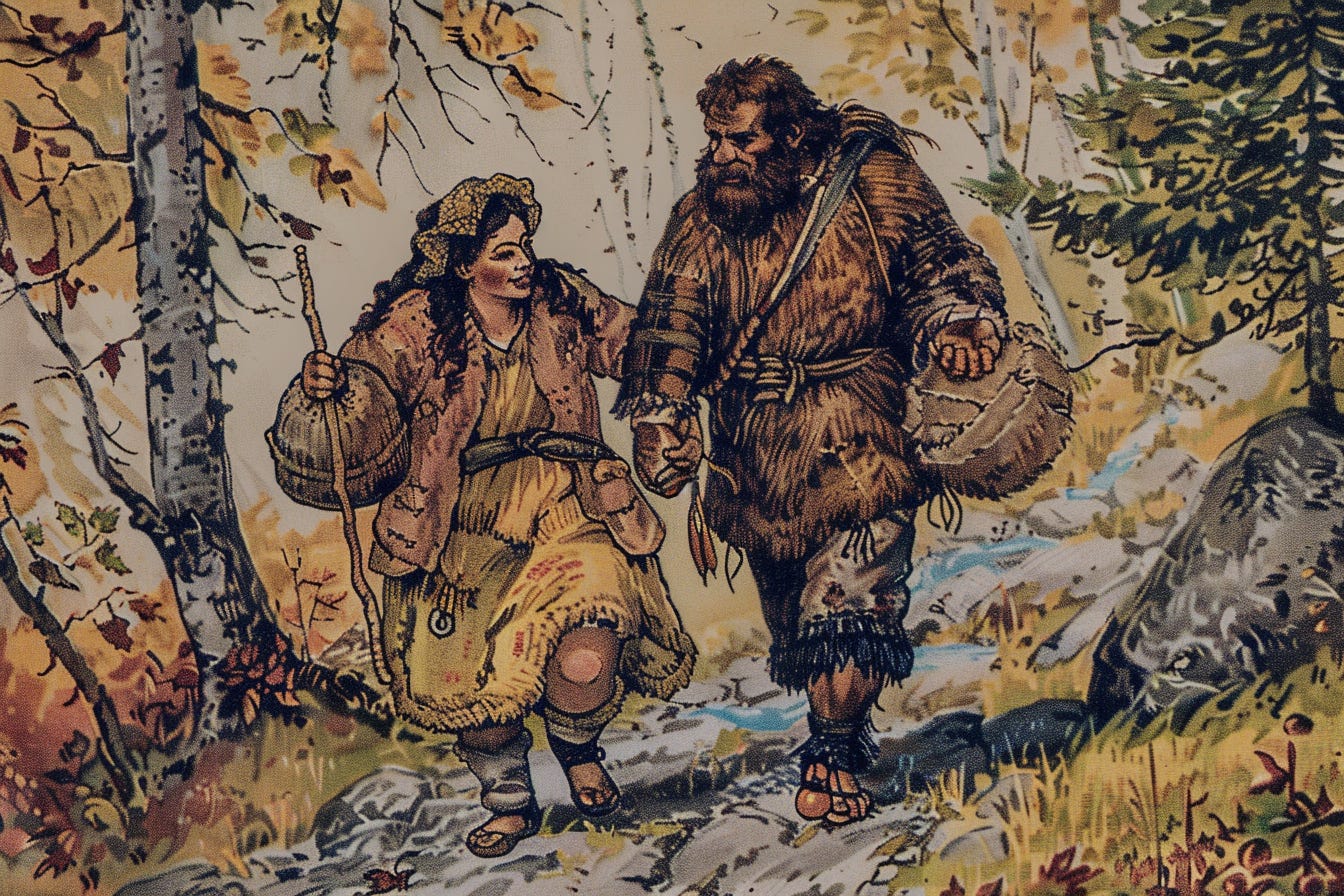
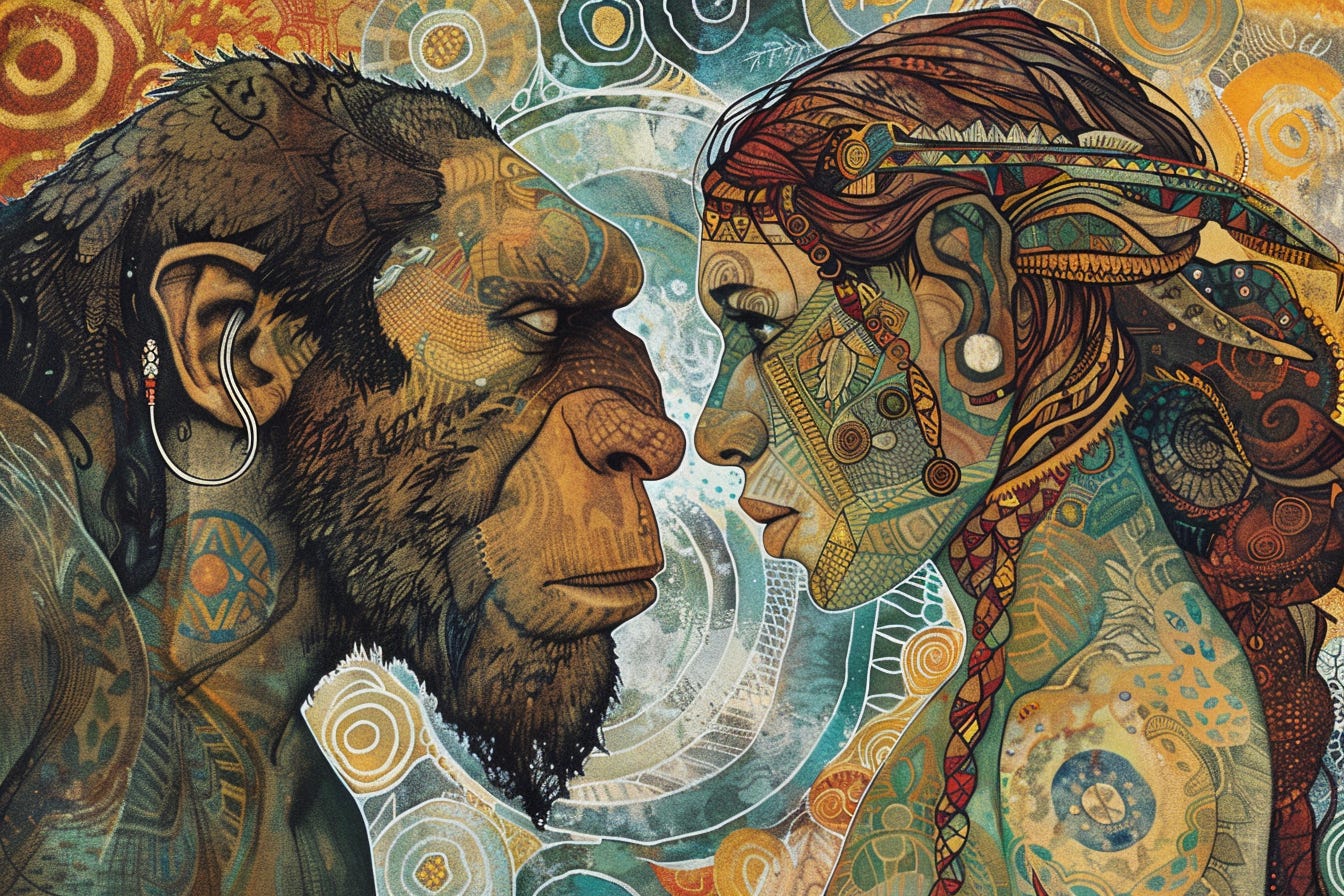
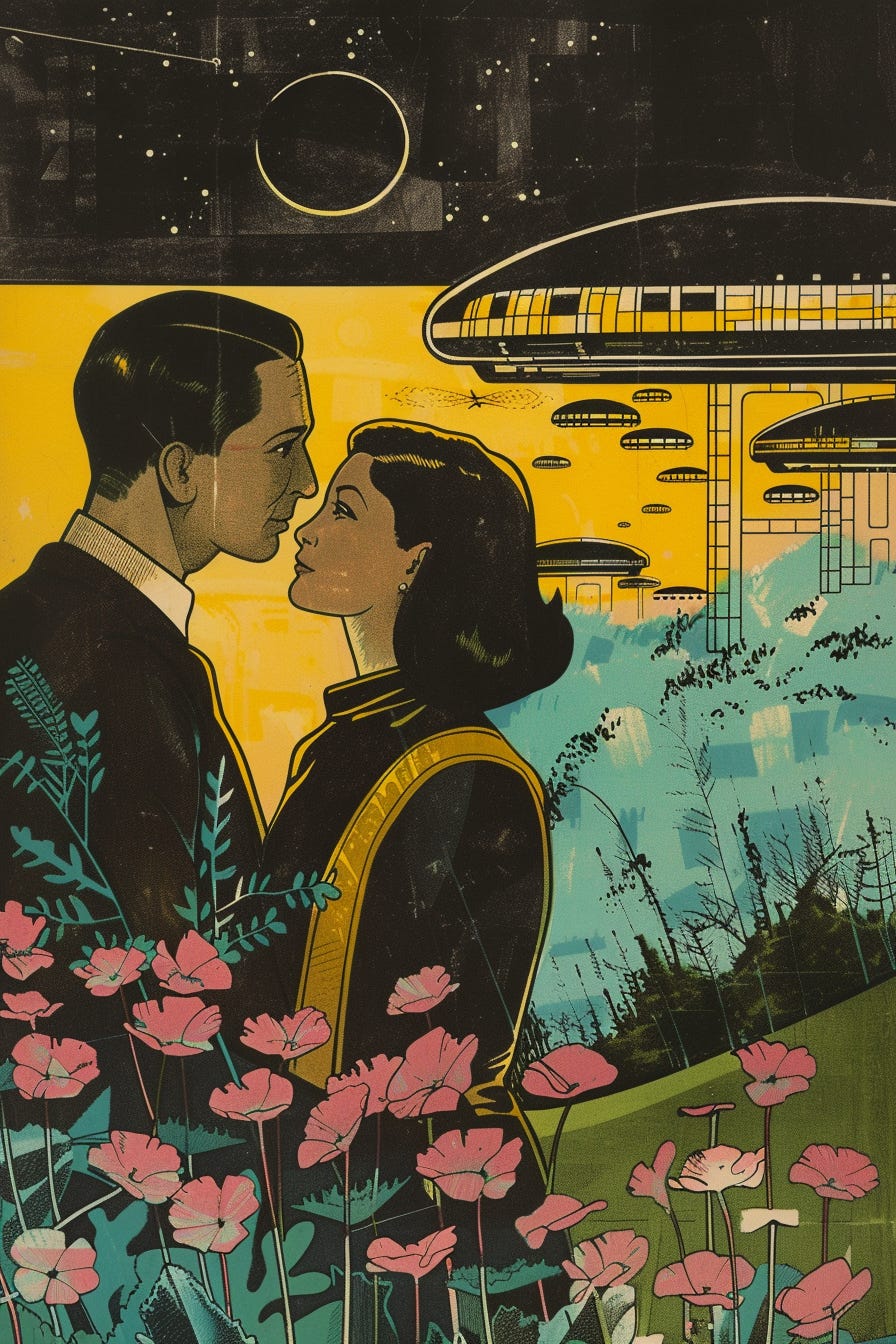
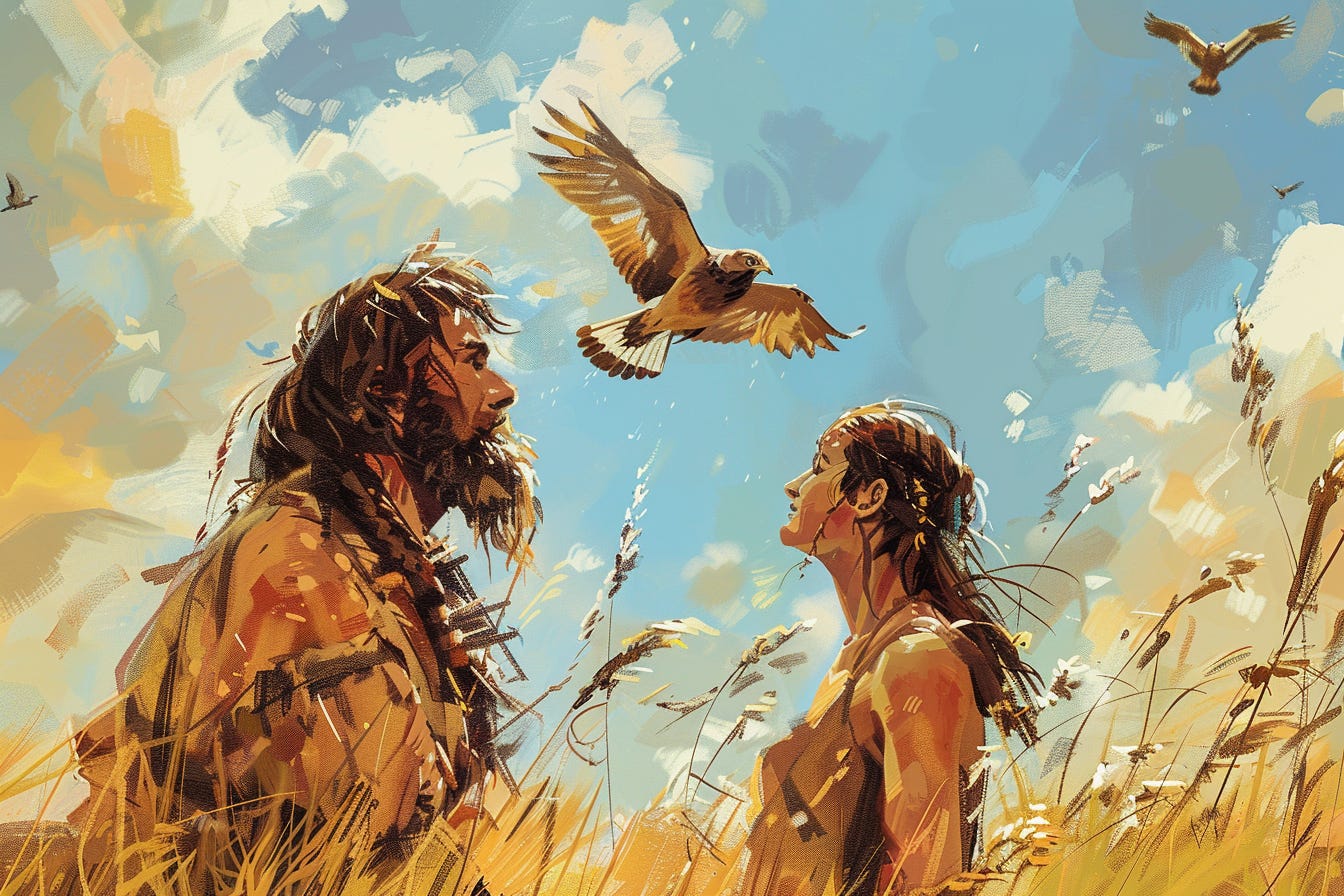
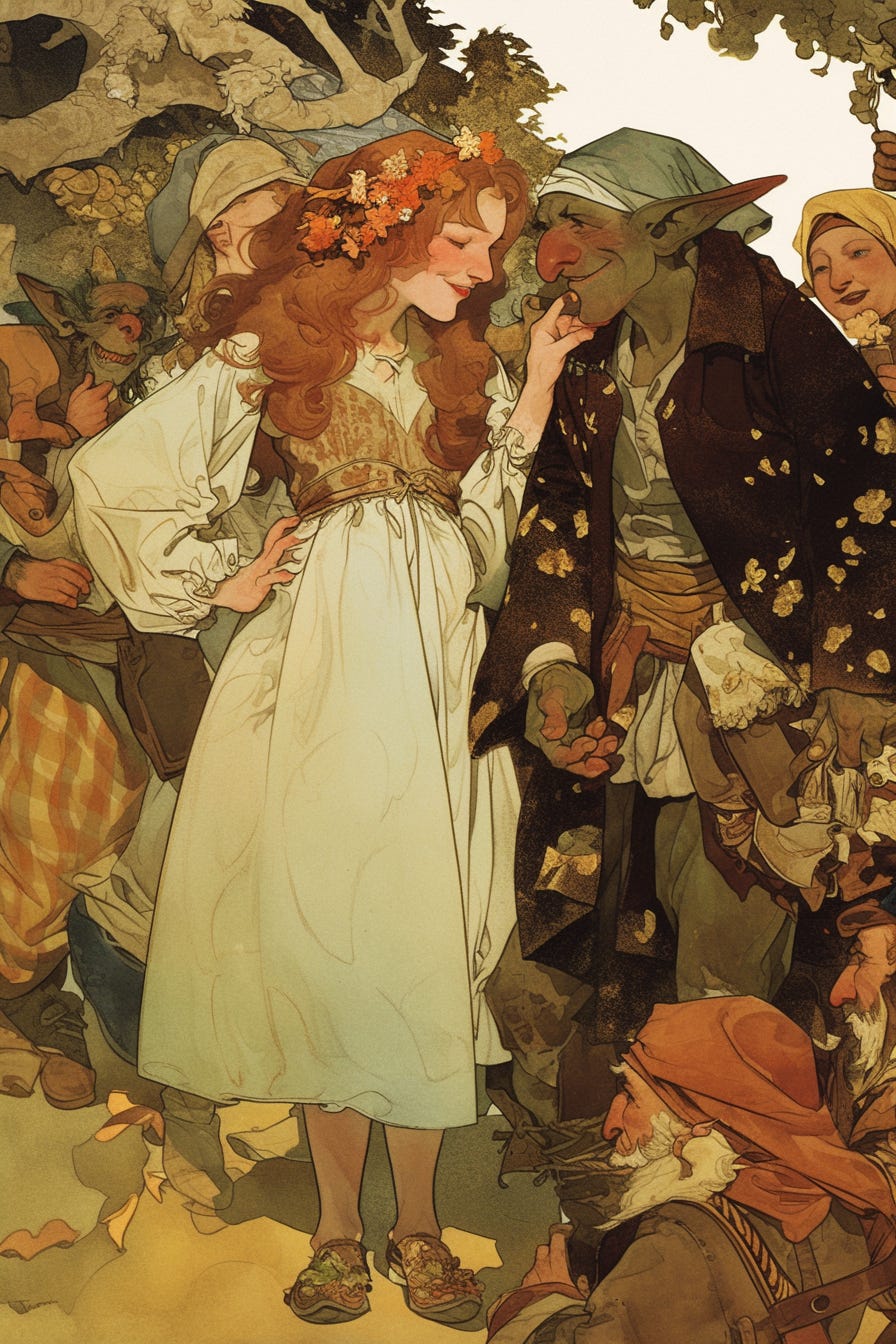
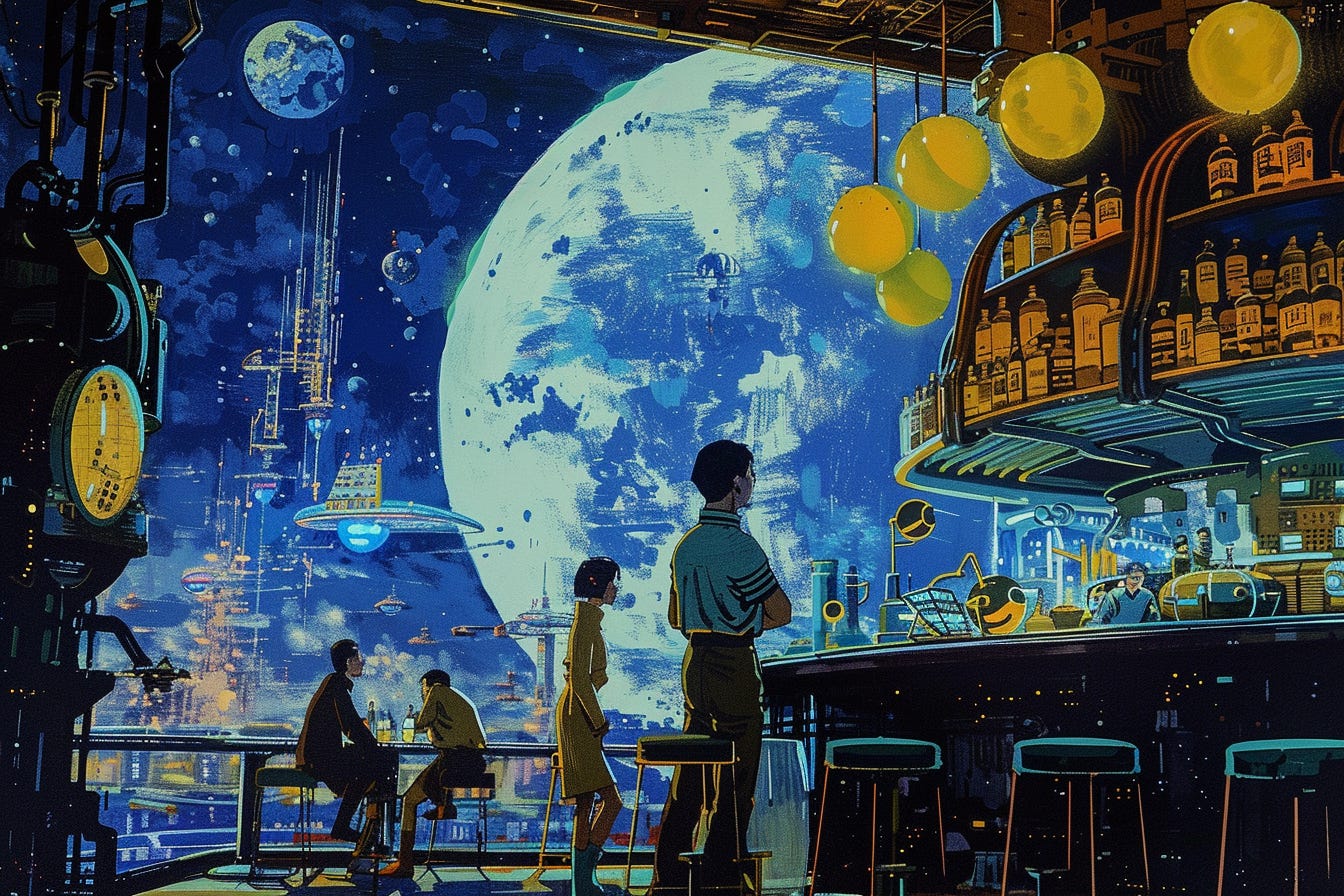
Yep. yep, yep. Along with Robert Heinlein, Theodore Surgeon, Ray Bradbury and Isaac Asimov, et al. delimiting the world for me as I grew, also Charles Fort, Ambros Bierce and Immanuel Velikovsky , et more al., helped derange with extra strange.
Fiction and fringes help make life not only bearable but also enjoyable.